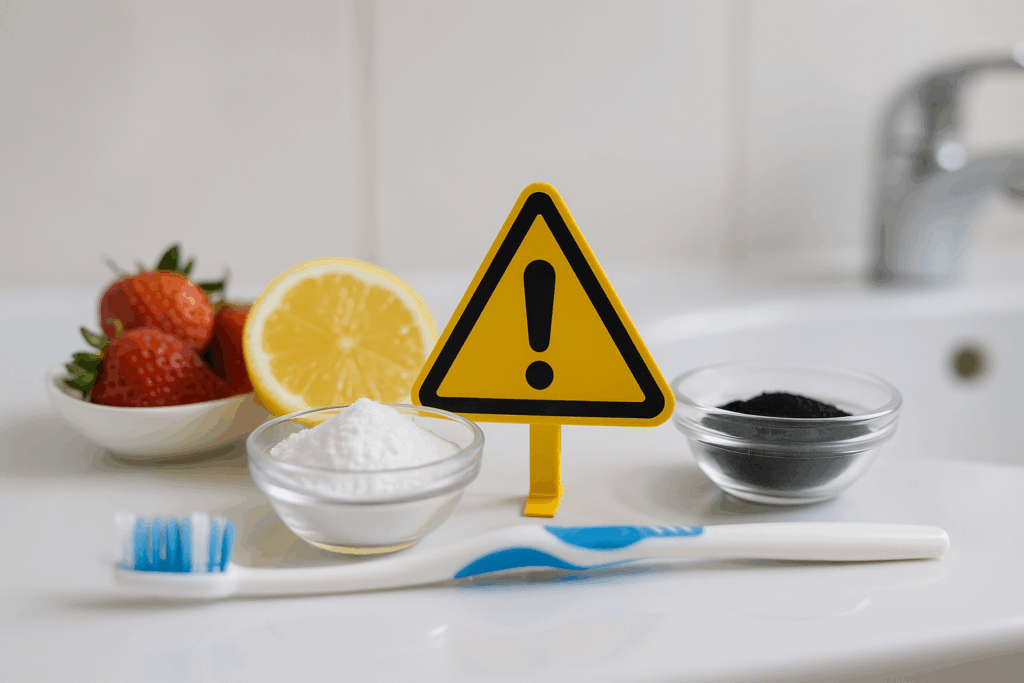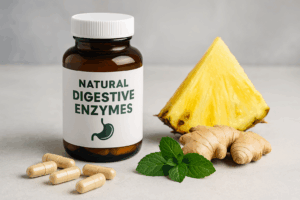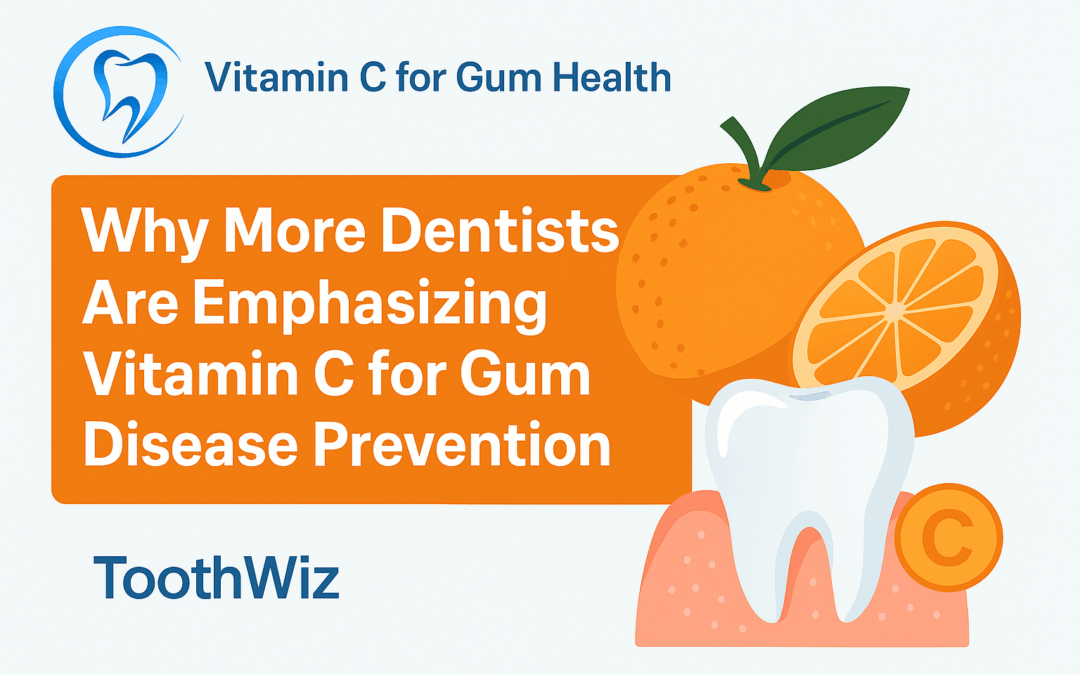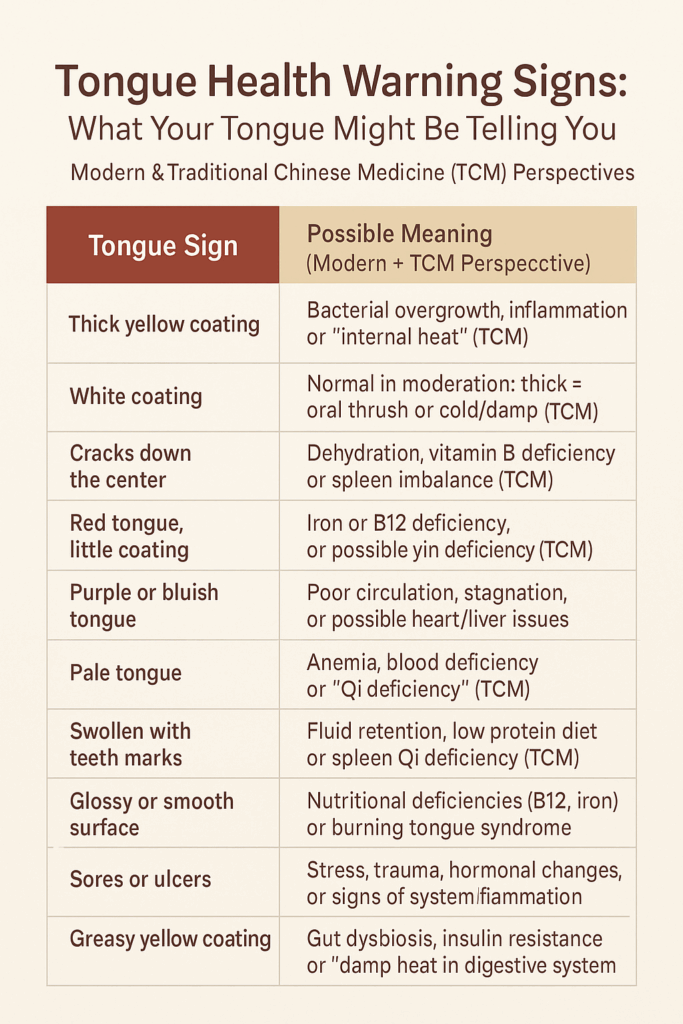
DIY Teeth Whitening Dangers You Need to Know
DIY teeth whitening dangers are real—no matter how “natural” a hack looks on social media. Lemon peels, strawberries, charcoal powders, baking soda, even apple cider vinegar can make teeth look brighter for a moment while quietly damaging the enamel that keeps your smile strong and healthy. As viral hacks spread, DIY teeth whitening dangers are showing up more often in real-world dental exams.
DIY Teeth Whitening Dangers: A Quick Overview
- Acids etch enamel: Citrus, vinegar, and other acids “polish” by eroding enamel—damage that cannot be reversed.
- Abrasives scratch enamel: Charcoal and baking soda remove stains and protective enamel, creating microscopic grooves that trap future stains.
- Outcome: Permanent sensitivity, yellowing as dentin shows through, and higher odds of needing bonding, veneers, or crowns.
Why DIY Teeth Whitening Dangers Are on the Rise
Short videos make harsh methods look quick, cheap, and “natural.” But the chemistry and mechanics behind these hacks—acid erosion and abrasive wear—stack up over time, leading to lasting problems that no filter can hide.
Acidic Fruit “Whitening”: Lemons, Strawberries & Vinegar

Common kitchen hacks may look harmless, but they highlight the real DIY teeth whitening dangers —acid erosion and enamel loss.
How it seems to work: Acids temporarily etch the enamel surface so it reflects light differently and looks brighter.
What actually happens: Repeated acid contact dissolves minerals from enamel. As enamel thins, the naturally yellow dentin layer becomes more visible, color rebounds darker, and sensitivity increases. Acid softening also makes teeth more vulnerable to mechanical wear from brushing.
Charcoal Powders & Pastes
Promise: “Detoxes” and removes stains fast.
Reality: Most charcoal products are highly abrasive. They can scratch healthy enamel while removing surface stains. Those micro-scratches hold pigments from coffee, tea, wine, and foods—so teeth can stain faster over time. Many boutique pastes also skip protective ingredients found in well-regulated toothpastes; if you avoid those ingredients by choice, be even more consistent with diet and home care to keep enamel strong.
Baking Soda & Other Kitchen Abrasives
Appeal: Cheap, simple, “natural.”
Risk: Like charcoal, baking soda acts like very fine sandpaper. Used frequently, it thins enamel, leading to permanent sensitivity and color regression. Enamel doesn’t grow back; the usual fixes are cosmetic and costly.
Oil Pulling & Apple Cider Vinegar
Oil pulling: May freshen breath and lubricate tissues, but there’s no strong evidence it whitens teeth. It’s not a substitute for proven whitening chemistry or professional care.
Apple cider vinegar: Highly acidic. It erodes enamel like other acids; repeated swishing or brushing after use amplifies the damage.
The Long-Term Consequences
Among all DIY teeth whitening dangers, enamel erosion and abrasion are the primary culprits—and the effects add up.
- Permanent sensitivity: Cold, heat, and sweets can trigger pain after enamel thins.
- Yellowing, not whitening: As enamel wears, dentin shows through—teeth appear darker over time.
- Higher cavity risk: Less enamel protection allows acids to work faster, especially with frequent snacking and low-saliva conditions.
- Expensive repairs: Bonding, veneers, or crowns may be required to restore appearance and comfort.
Key takeaway: Viral hacks trade short-term brightness for long-term damage. Protect enamel first—because once it’s gone, it’s gone.
Safer Ways to Whiten (That Actually Work)
- Professional whitening: In-office or custom-tray whitening uses measured peroxide concentrations under professional oversight for effective, controlled results.
- Well-formulated whitening toothpastes: Choose products designed to balance gentle stain removal with enamel protection, and avoid harsh DIY abrasives.
- Peroxide strips or gels (as directed): When used per instructions, they’re far less risky than acids or harsh abrasives and can noticeably brighten over days to weeks.
For a deeper dive into mouth chemistry and everyday habits that affect color and odor, see our post on morning breath science and fixes. If you enjoy myth-busting, explore more fun reads on our Weird Dental Facts hub.
Protecting Enamel Day-to-Day (Without Relying on Fluoride)
Avoiding DIY teeth whitening dangers starts with daily choices that favor enamel, not shortcuts.
- Mind the timing: After acidic drinks/foods, wait 30–60 minutes before brushing to allow saliva to neutralize acids and begin natural remineralization.
- Rinse, don’t scrub: Rinse with water after coffee, tea, wine, or citrus. Chew xylitol gum to stimulate saliva if appropriate.
- Use soft tools: Soft-bristled brush and gentle pressure reduce mechanical wear; consider an electric brush with a pressure sensor.
- Mineral support via diet: Prioritize nutrient-dense foods that supply calcium, phosphorus, fat-soluble vitamins (A, D, K2), and collagen-building nutrients—keys for resilient teeth.
- Spacing meals: Reduce frequent snacking; give saliva time between meals to rebalance pH and support natural repair.
- Moisture matters: Address mouth breathing and dry mouth; hydrate well and discuss nighttime nasal breathing strategies if needed.
When to Talk to Your Dentist
If you already notice sensitivity, translucent edges, or color rebound after trying DIY methods, pause the hacks and get a professional evaluation. Your dentist can identify erosion, suggest at-home remineralization strategies that fit your philosophy, and recommend whitening options tailored to your enamel condition and goals.
Bottom Line
The internet is full of quick fixes, but DIY teeth whitening dangers are costly: acids etch; abrasives scratch; enamel thins; sensitivity and yellowing follow. Protecting your smile means avoiding DIY teeth whitening dangers and choosing safer, evidence-based options instead.
Further reading: American Dental Association – Teeth Whitening • Weird Dental Facts (ToothWiz)
DIY Teeth Whitening FAQs
Are strawberries or lemon safe for whitening?
No. Their acidity etches enamel. Any short-term brightening is outweighed by long-term erosion and sensitivity.
Is charcoal toothpaste safe?
It’s often too abrasive. It can scratch enamel and create grooves that trap stains—one of the key DIY teeth whitening dangers.
Can I whiten at home without harsh abrasives?
Yes—choose well-formulated whitening pastes and peroxide strips used as directed, or talk to your dentist about custom trays.
Does oil pulling whiten teeth?
There’s no strong evidence it whitens. It may freshen breath, but it’s not a substitute for proven whitening methods.
What’s the safest way to maintain a bright smile?
Limit acids, use gentle tools, space meals, hydrate, and consider supervised whitening instead of viral hacks.


















